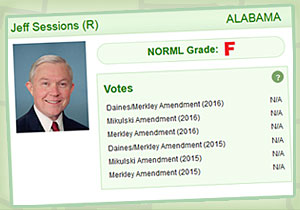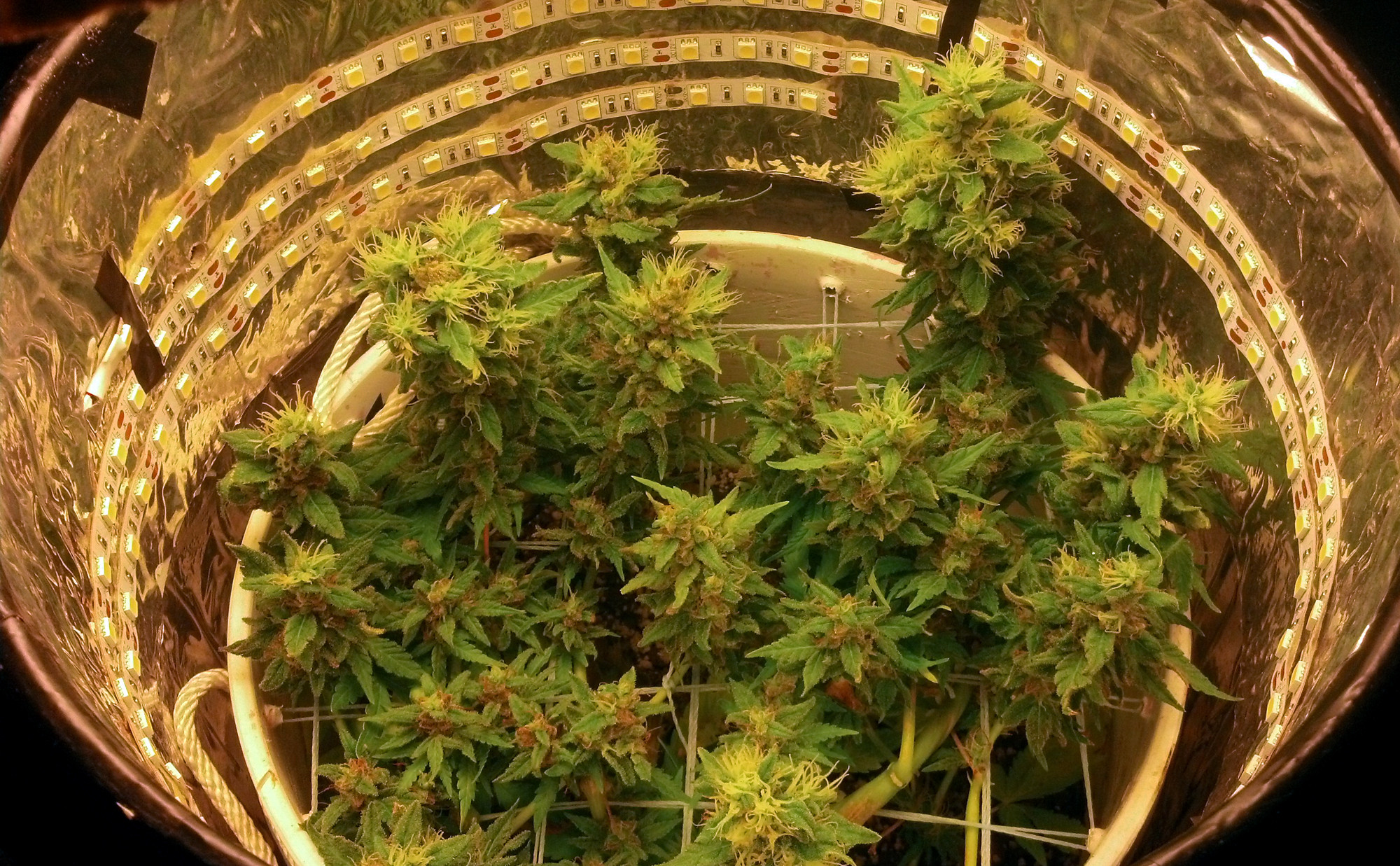You have spoken. Are your elected officials listening?
On Election Day, 54 percent of voters decided in favor of Question 4: The Regulation and Taxation of Marijuana Act – permitting adults to legally grow and to possess marijuana for personal use, while also establishing regulations governing commercial cannabis cultivation and capping taxes on retail sales.
Your message could not have been any clearer: It is time to legalize and regulate the adult use of marijuana.
But it has become apparent that some powerful politicians and bureaucrats wish to ignore voters’ will and rewrite history.
Lawmakers have already unduly delayed the implementation of the law. Now they are moving to change the law altogether.
Members of the House on Thursday, June 15, are scheduled to hear and vote on legislation significantly amending The Regulation and Taxation of Marijuana Act. Among proposed changes to the law:
The bill would more than double taxes on retail cannabis sales, from 12 percent to as much as 28 percent.;
The bill would strip local control away from municipal voters and unilaterally give local government officials the power to decide whether or not to ban marijuana facilities in their communities;
The bill would restrict the kinds of marijuana edibles products that may be sold and purchased by adults.
The arrogance and hubris lawmakers are showing toward voters is shocking, and is typified by the comments of Senate President Stanley C. Rosenberg who earlier this year pronounced: “I believe that when voters vote on most ballot questions, they are voting in principle. They are not voting on the fine detail that is contained within the proposal.”
It’s time for you to send another clear message to your lawmakers: Abide by voters’ decision or suffer the consequences.
Voters knew full well what they were voting for on Election Day. And now it is time for politicians to respect it.
Visit Massachusetts NORML to learn more about what you can do in your state.
Please use the pre-written letter below to demand lawmakers and Gov. Baker abide by the will of the voters.








